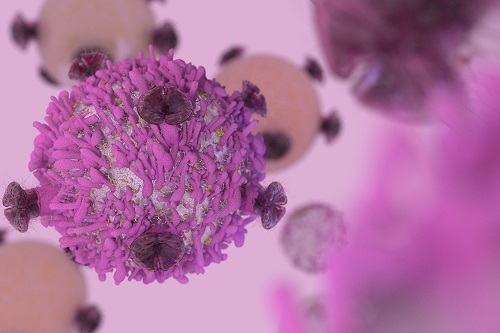In January, ASCO published its 13th annual report in Clinical Cancer Advances 2018, and named chimeric antigen receptor (CAR) T-cell immunotherapy as its Advance of the Year. This repost highlights that in the last year, the FDA has approved tisagenlecleucel (Kymriah) for the treatment of pediatric acute lymphoblastic leukemia (ALL) and axicabtagene ciloleucel (Yescarta) for the treatment of adults with relapsed or refractory diffuse large B-cell lymphoma (DLBCL), primary mediastinal large B-cell lymphoma, and DLBCL arising from follicular lymphoma.
This report highlights other novel therapies, such as check point inhibitors, which are increasing efforts towards improving outcomes for cancer patients. In the report, ASCO conducted an analysis which estimated that, if all U.S. patients with advanced non–small cell lung cancer (NSCLC) for whom the therapy is indicated received the treatment, it could save 250,000 years of life. Furthermore, this analysis also found that 1 in 4 newly diagnosed patients and 1 in 10 patients who had been treated for lung cancer are expected to live beyond 5 years after the start of treatment; this is significantly longer than if patients were treated with standard cancer therapies.
In conjunction with improved cancer therapies and the FDA approval of many new drugs, the number of Americans now living as cancer survivors is continuously increasing. While constant pleas for funding these cancer therapy breakthroughs are happening, the question now is: How can it be ensured that every single patient who will benefit from these therapies is getting the best therapy? ASCO stated that their mission to make the highest-quality care available to all eligible members of society in a way that is reflective of each individual patients’ long-term goals and outcomes.
The president of ASCO also stressed the importance of making these therapies accessible through community cancer centers and not just through academic centers.
Another goal for these therapies is to eliminate cost barriers to the patient, given the considerably high price of immunotherapy. Treatment plans that allow patients who are eligible to receive these treatments do not exist in the world of oncology, but this is the direction it needs to go.
At this most exciting time in cancer treatment advances, it is very hopeful that in the next 10 to 15 years, immunotherapy will become the initial treatment choice for the majority of patients with cancer.

